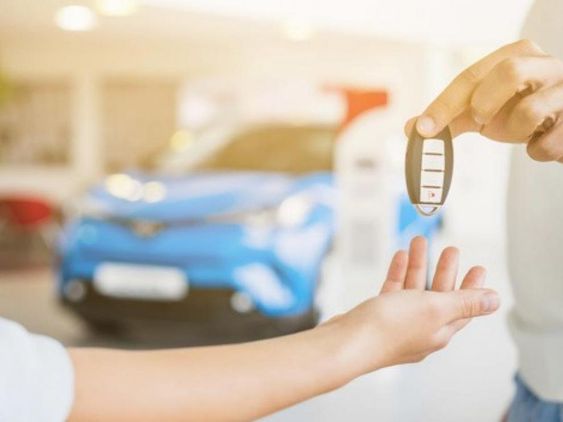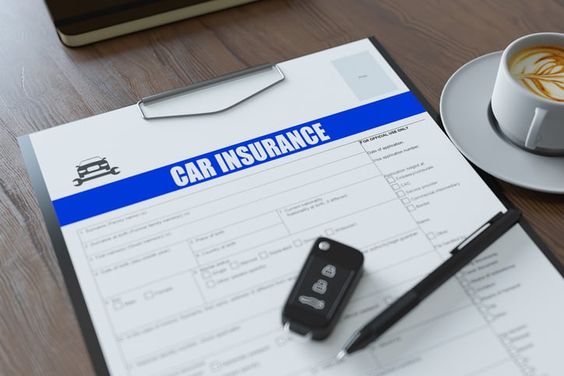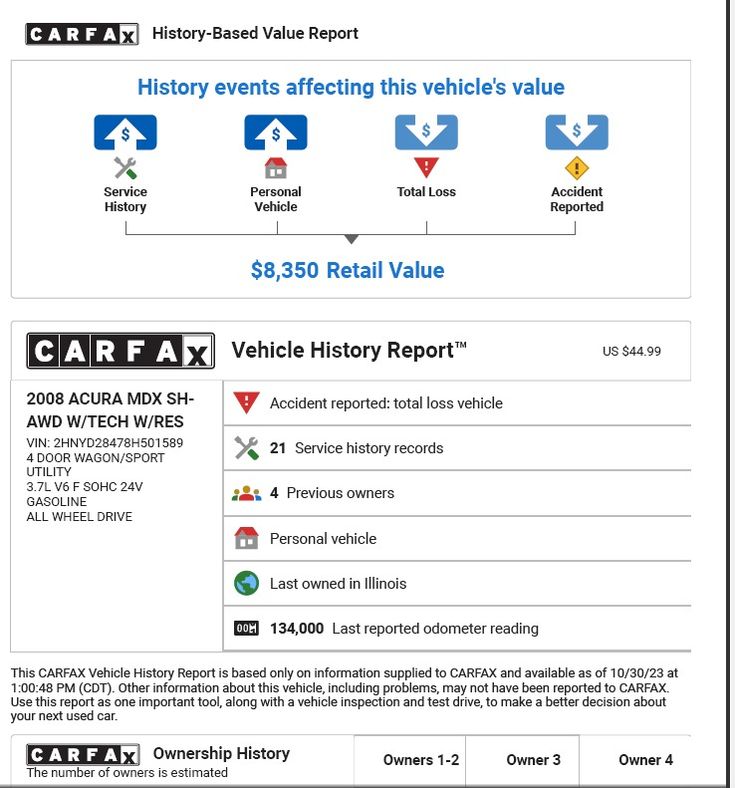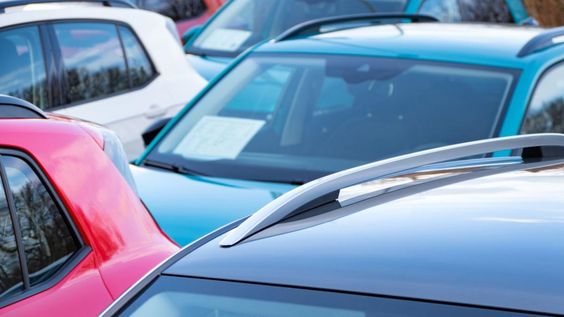Introduction:
Buying a used car can be a great way to save money compared to buying new. However, it's crucial to do your research and know what to look for to ensure you're getting a reliable vehicle. A thorough inspection can help you avoid costly repairs down the road and ensure you're making a smart investment. This guide will walk you through the key aspects to examine when evaluating a used car.

Exterior Inspection:
Start by visually inspecting the car's exterior. Look for any signs of damage, including dents, scratches, rust, and faded paint. Check the body panels for misalignment or gaps, which could indicate previous accidents or poor repairs. Pay attention to the tires, checking for uneven wear, cracks, and sufficient tread depth. Examine the headlights and taillights for cracks or fogging, which can affect visibility.
Interior Inspection:
Move inside the car and assess the interior condition. Check for tears, stains, or excessive wear on the seats, carpets, and upholstery. Inspect the dashboard for any cracks or damage. Look for signs of water damage, such as mildew or a musty odor. Test all the electrical components, including the lights, radio, climate control, and power windows.
Mechanical Inspection:
This is the most critical part of the inspection. Start by checking the engine oil level and condition. Look for any leaks under the car. Check the coolant level and look for signs of overheating. Listen for any unusual noises coming from the engine, transmission, or brakes. Test the brakes for responsiveness and check the brake pads for wear.
Test Drive:
Take the car for a test drive on different types of roads, including highways and city streets. Pay attention to how the car handles, accelerates, and brakes. Listen for any unusual noises or vibrations. Check the steering for smoothness and responsiveness. Make sure all the gauges and lights are working correctly.
Final Steps:
After the inspection, consider having a trusted mechanic perform a pre-purchase inspection. This will provide an objective assessment of the car's condition and identify any potential problems. Finally, negotiate the price based on the car's condition, mileage, and market value. Remember to obtain a vehicle history report to check for any accidents or major repairs.





